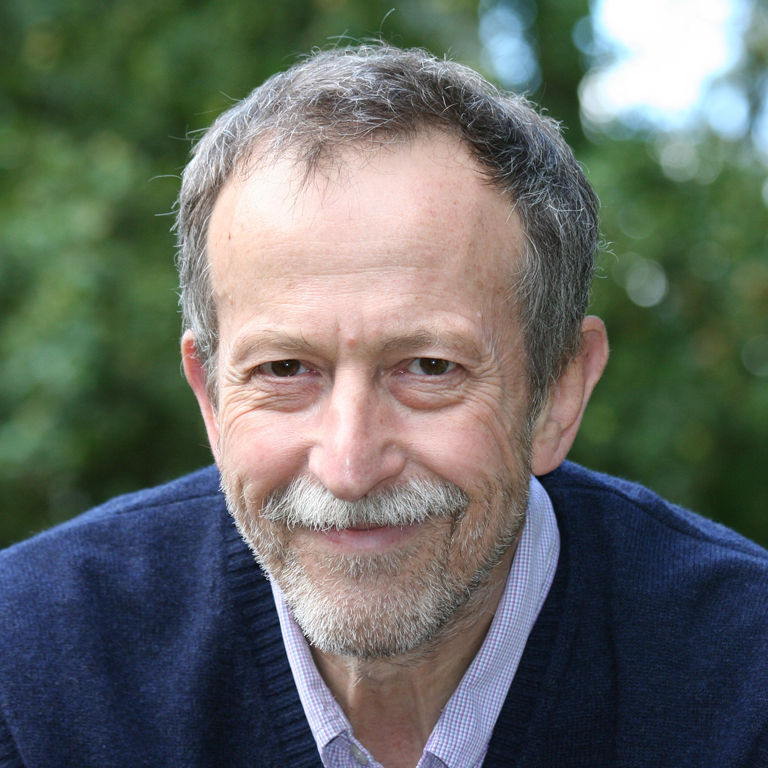"Patterns and Interpretation"
A scholar with audiences both within and outside of the humanities, Franco Moretti is the Danily C. and Laura Louise Bell Professor in the Humanities at Stanford University. He is the founder of Stanford’s Center for the Study of the Novel and founder and director of the Stanford Literary Lab, a pathbreaking center devoted to digital research in the humanities.
In 2010, Moretti founded the Stanford Literary Lab as a means of further analyzing literature through statistical and computational methods. Projects have ranged from mapping characterological proximity in Renaissance drama, analyzing the geography of emotion in the nineteenth-century novel, and describing the manner by which environmental law creates a linguistic atmosphere where choices appear natural and even inevitable. Moretti has termed the type of reading he now champions, involving concepts like z-scores and clustering coefficients, as “distant reading”—a rejoinder to the traditional practice of “close reading.” In 2013 he published Distant Reading (Verso, 2013), a manifesto for his new method.
Professor Moretti’s academic accomplishments are many and wide-ranging. He is the author of seven books, editor of the five-volume encyclopedia of the novel Il Romanzo (G. Einaudi, 2001-03), which was translated into two vastly influential English collections, The Novel, Volume 1 and The Novel, Volume 2 (2006). He is a frequent contributor to the New Left Review.
The William T. Patten Foundation
The William T. Patten Foundation provides funds to bring distinguished scholars or practitioners in the sciences, the humanities and the arts to the Bloomington campus for a week. The foundation has brought over 150 scholars of extraordinary national and international distinction since 1937, making it the oldest lecture series at Indiana University. Lecturers are chosen by a campus-wide faculty committee.
William T. Patten graduated in 1893 with a Bachelor of Arts in history from IU. He then moved to Indianapolis and led a successful career in real estate and politics. He created an endowment for the university in 1931, with the purpose of bringing renowned leaders to the Bloomington campus.

